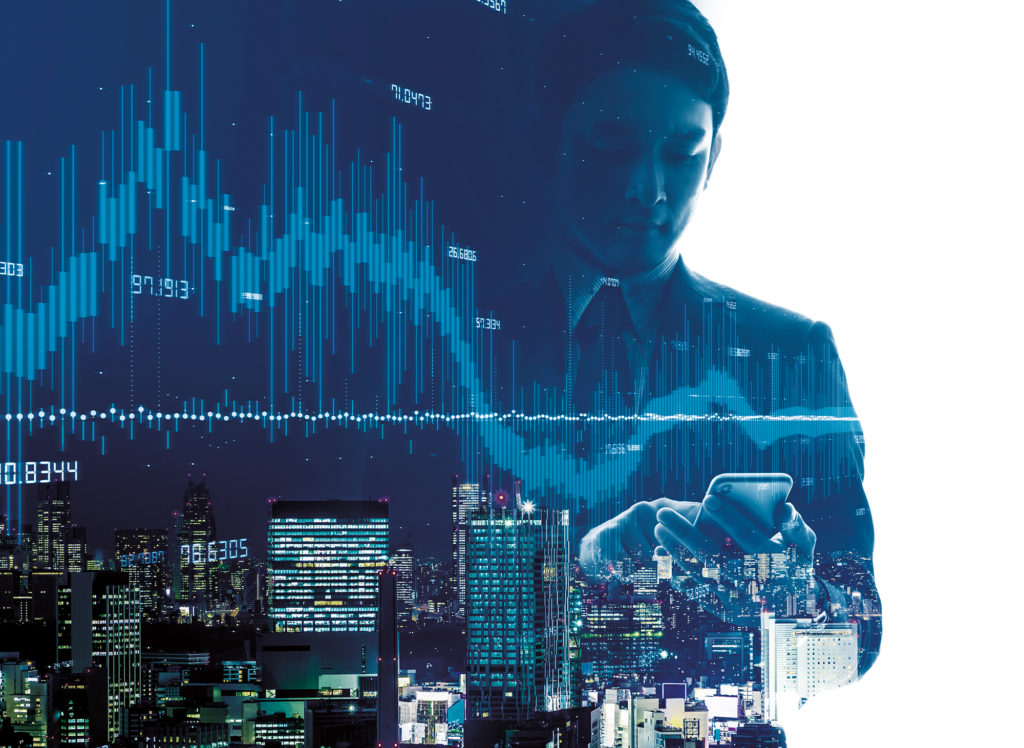Source:- analyticsinsight.net
It has been a widely acknowledged fact that big data has become a big game changer in most of the modern industries over the last few years. As big data continues to permeate our day-to-day lives the number of different industries that are adopting big data continues to increase. It is well said that when new technologies become cheaper and easier to use, they have the potential to transform industries. That is exactly what is happening with big data right now. Here are 10 Industries redefined the most by big data analytics-
Sports
Most elite sports have now embraced data analytics. In Premier League football games, cameras installed around the stadiums track the movement of every player with the help of pattern recognition software generating over 25 data points per player every second. What more? NFL players have installed sensors on their shoulder pads to gather intelligent insights on their performance using data mining. It was analytics which helped British rowers row their way to the Olympic gold.
Hospitality
Hotel and the luxury industry have turned to advanced analytics solutions to understand the secret behind customer satisfaction initiatives. Yield management in the hotel industry is one common use of analytics which is an important means to tackle the recurring peaks in demand throughout the year in consideration with other factors which include weather and local events, that can influence the number and nationalities of guests checking in.
Government and Public Sector Services
Analytics, data science, and big data have helped a number of cities to pilot the smart cities initiative where data collection, analytics and the IoT combine to create joined-up public services and utilities spanning the entire city. For example, a sensor network has been rolled out across all 80 of the council’s neighborhood recycling centres to help streamline collection services, so wagons can prioritize the fullest recycling centres and skip those with almost nothing in them.
Energy
The costs of extracting oil and gas are rising, and the turbulent state of international politics adds to the difficulties of exploration and drilling for new reserves. The energy industry Royal Dutch Shell, for example, has been developing the “data-driven oilfield” in an attempt to bring down the cost of drilling for oil.
And on a smaller but no less important scale, data and the Internet of Things (IoT) is disrupting the way we use energy in our homes. The rise of “smart homes” includes technology like Google’s Nest thermostat, which helps make homes more comfortable and cut down on energy wastage.
Agriculture and Farming
The power of AI has embraced even traditional industries like Agriculture and Farming. Big data practices have been adopted by the US agricultural manufacturer John Deere which has launched several data-enabled services that have led farmers to benefit from the real-time monitoring of data collected from its thousands of users worldwide.
Education
Education sector generates massive data through courseware and learning methodologies. Important insights can identify better teaching strategies, highlight areas where students may not be learning efficiently, and transform how the education is delivered. Increasingly educational establishments have been putting data into use for everything from planning school bus routes to improving classroom cleanliness.
Banking and Securities
Securities Exchange Commission (SEC) has deployed big data to track and monitor the movements in the financial market. Big data and analytics with network analytics and natural language processors is used by the stock exchanges to catch illegal trade practices in the stock market.
Retail traders, Big banks, hedge funds and other so-called ‘big boys’ in the financial markets use big data for trade analytics used in high-frequency trading, pre-trade decision-support analytics, sentiment measurement, predictive analytics, etc.
This industry also heavily relies on big data for risk analytics including; anti-money laundering, demand enterprise risk management, “Know Your Customer”, and fraud mitigation.
Entertainment, Communications and the Media
The on-demand music service, Spotify uses Hadoop big data analytics to collate data from its millions of users across the world. This data is used and analyzed to give customized music recommendations to its individual users. Over the top media, services have relied big on big data to offer customized content offerings to its users. An important move in the growing competitive market.
Retail and Wholesale Trade
Big data has in a big way impacted the traditional brick and mortar retailers and wholesalers to current day e-commerce traders. The retail and whole industry has gathered a lot of data over time which is derived from POS scanners, RFID, customer loyalty cards, store inventory, local demographics, etc. Big data is applicable to the retail and wholesale industry to mitigate fraud, offer customized products to the end user thereby improving the user experience.
Transportation
Big data analytics finds huge application to the transportation industry. Governments of different countries use big data to control the traffic, optimize route planning and intelligent transport systems and congestion management.
Moreover, the private sector uses big data in revenue management, technological enhancements, logistics and to gain a competitive advantage.
Big data is improving user experiences, and the massive adoption change has just begun.
